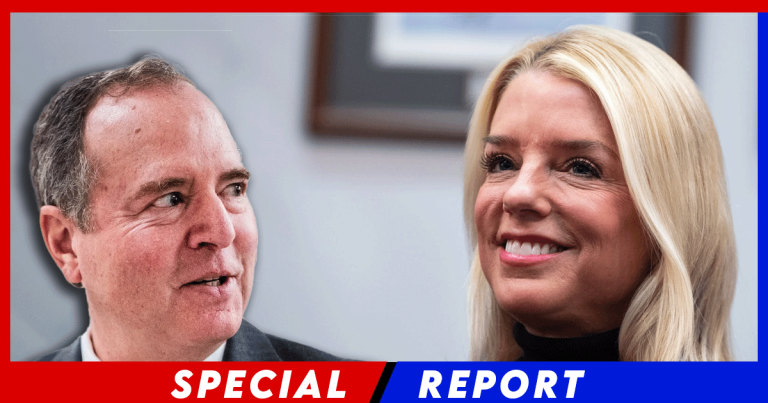
In the grand theater of politics, confirmation hearings often serve as the main stage where nominees face a barrage of questions, critiques, and, occasionally, grandstanding. These sessions are less about assessing qualifications and more about providing senators with a platform to showcase their rhetorical prowess.
It’s a spectacle where the lines between genuine inquiry and political posturing blur, leaving the audience to decipher the true motives behind each performance.
The art of the confirmation hearing has evolved into a strategic game, with each participant playing their part to perfection. Senators pose pointed questions, not necessarily seeking answers, but aiming to score political points or create viral soundbites.
Nominees, on the other hand, navigate these treacherous waters with rehearsed responses, aiming to reveal as little as possible while maintaining an air of competence and integrity.
Amidst this orchestrated chaos, the true purpose of these hearings—to evaluate the suitability of a candidate for a critical role—often takes a backseat. Instead, the focus shifts to partisan battles, with each side attempting to outmaneuver the other in a bid for public approval and media attention. It’s a dance as old as politics itself, performed with the same predictable steps, yet somehow managing to captivate the audience time and time again.
Bondi vs. Schiff: The Showdown
Enter Pam Bondi, President-elect Donald Trump’s nominee for Attorney General, stepping into the spotlight for her confirmation hearing. As reported by the New York Post, the proceedings quickly transformed into a verbal sparring match, particularly between Bondi and Senator Adam Schiff.
Schiff, known for his prosecutorial style, grilled Bondi on her independence and potential conflicts of interest, given her close ties to Trump. He questioned whether she could impartially oversee investigations, especially those involving the president’s associates. Bondi, maintaining her composure, assured the committee of her commitment to uphold the law without bias.
The exchange reached a crescendo when Bondi reminded Schiff of his own censure by Congress, stating, “You were censured by Congress, senator, for comments just like this and they’re so reckless!” This remark, referencing Schiff’s past controversies, added a layer of irony to the proceedings, highlighting the political undercurrents at play.
Theatrics Over Substance
The hearing, rather than being a straightforward assessment of Bondi’s qualifications, morphed into a platform for political theater. Democratic senators, including Schiff, seemed more intent on scoring points and creating memorable moments than on genuinely evaluating Bondi’s fitness for the role.
This approach raises questions about the efficacy of such hearings. When the focus shifts from substantive inquiry to partisan theatrics, the primary objective—ensuring that qualified individuals assume critical positions—gets overshadowed. The public, left to sift through the dramatics, may find it challenging to discern the nominee’s true capabilities and intentions.
A Glimpse into the Future
Bondi’s confirmation hearing serves as a microcosm of the current political climate, where polarization often trumps pragmatism. The emphasis on spectacle over substance not only undermines the confirmation process but also erodes public trust in governmental institutions.
As the political landscape continues to evolve, one can only hope for a return to more earnest and constructive dialogues during such critical evaluations. After all, the stakes are high, and the American people deserve a process that prioritizes competence over theatrics.
Key Takeaways:
- Confirmation hearings have become stages for political theater rather than genuine evaluations.
- The Bondi-Schiff exchange exemplifies the partisan nature of current political proceedings.
- Emphasis on spectacle over substance undermines the integrity of the confirmation process.
- There’s a pressing need to refocus on constructive dialogues to restore public trust in governmental institutions.
Source: New York Post
